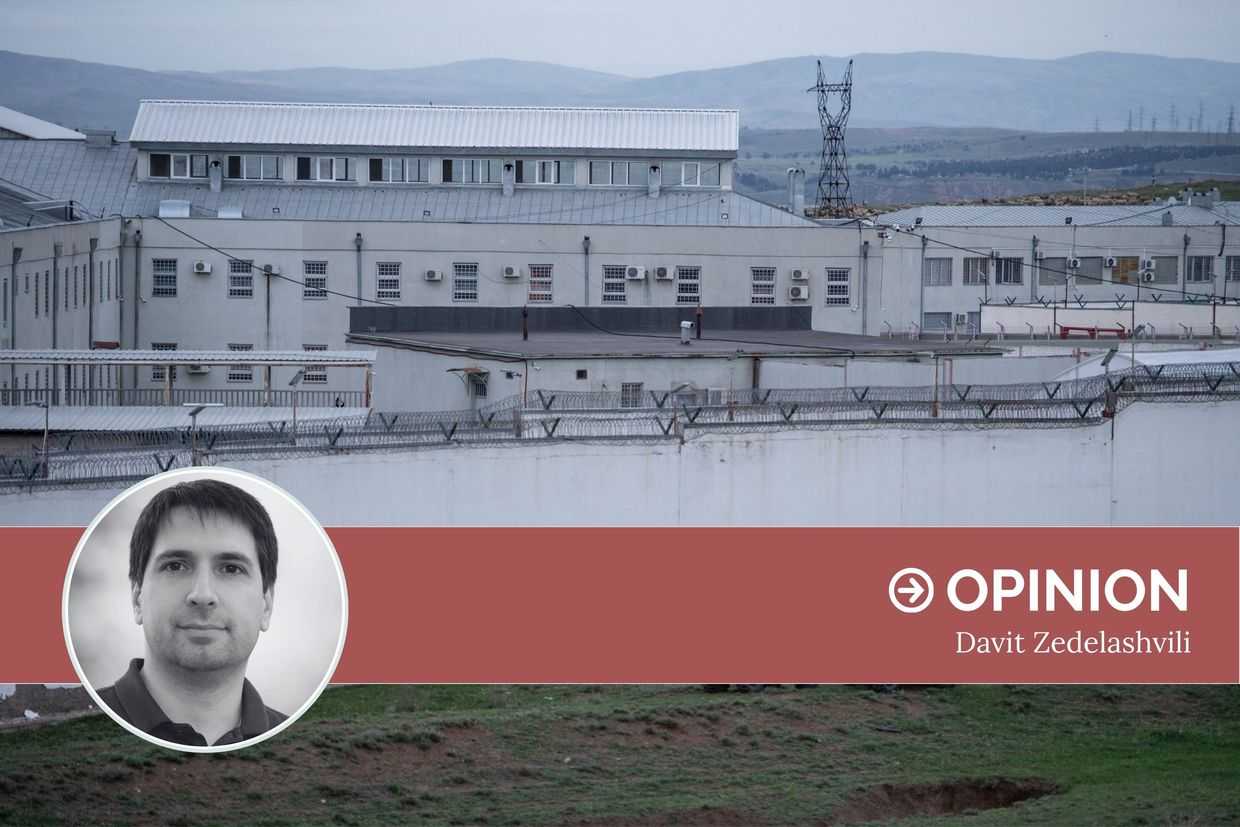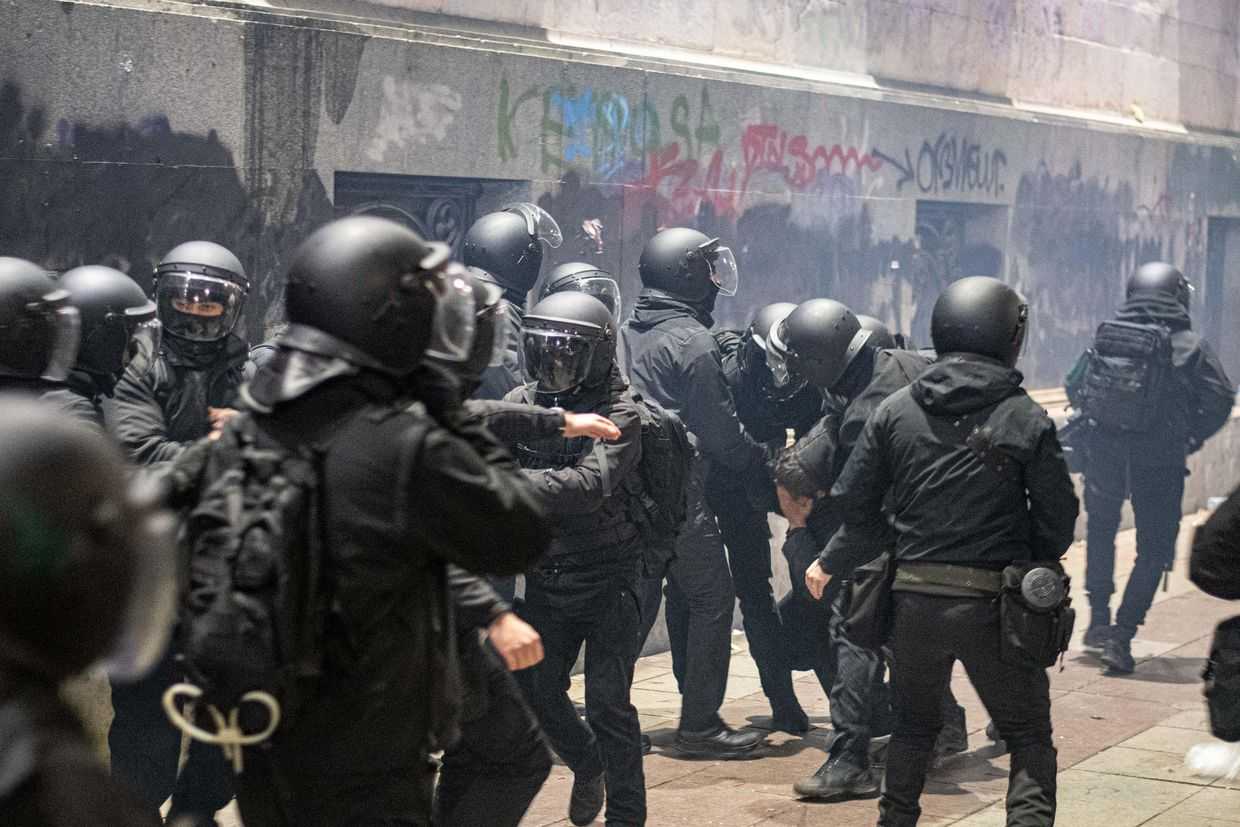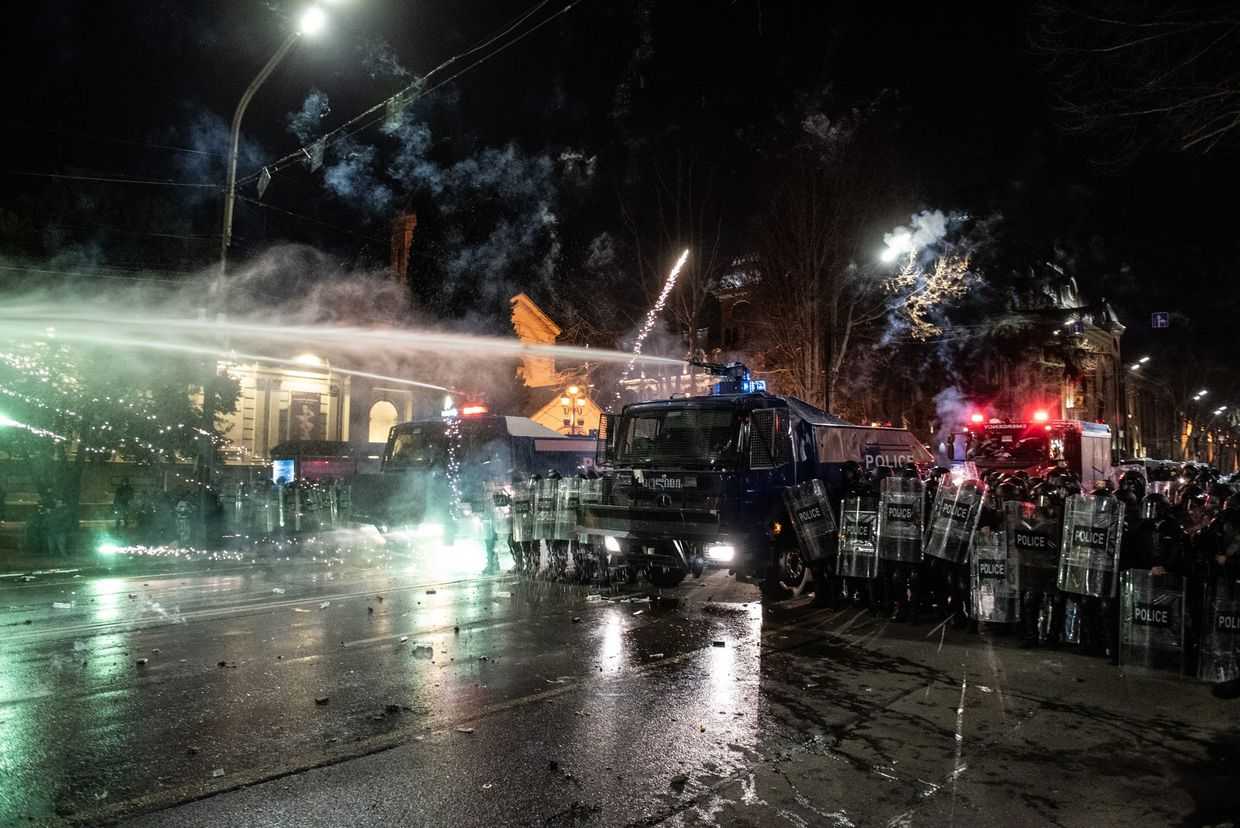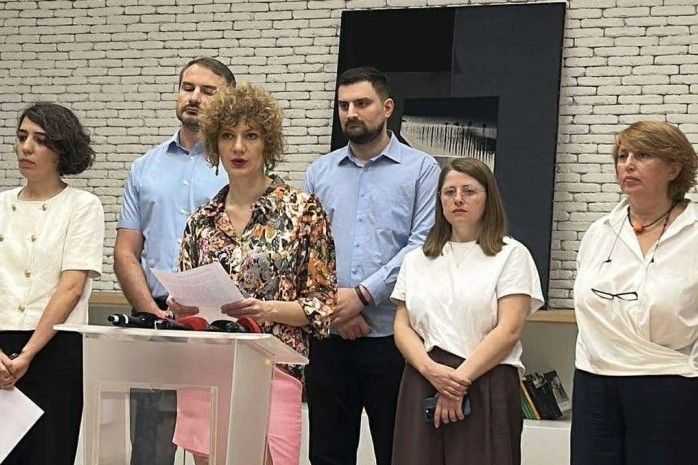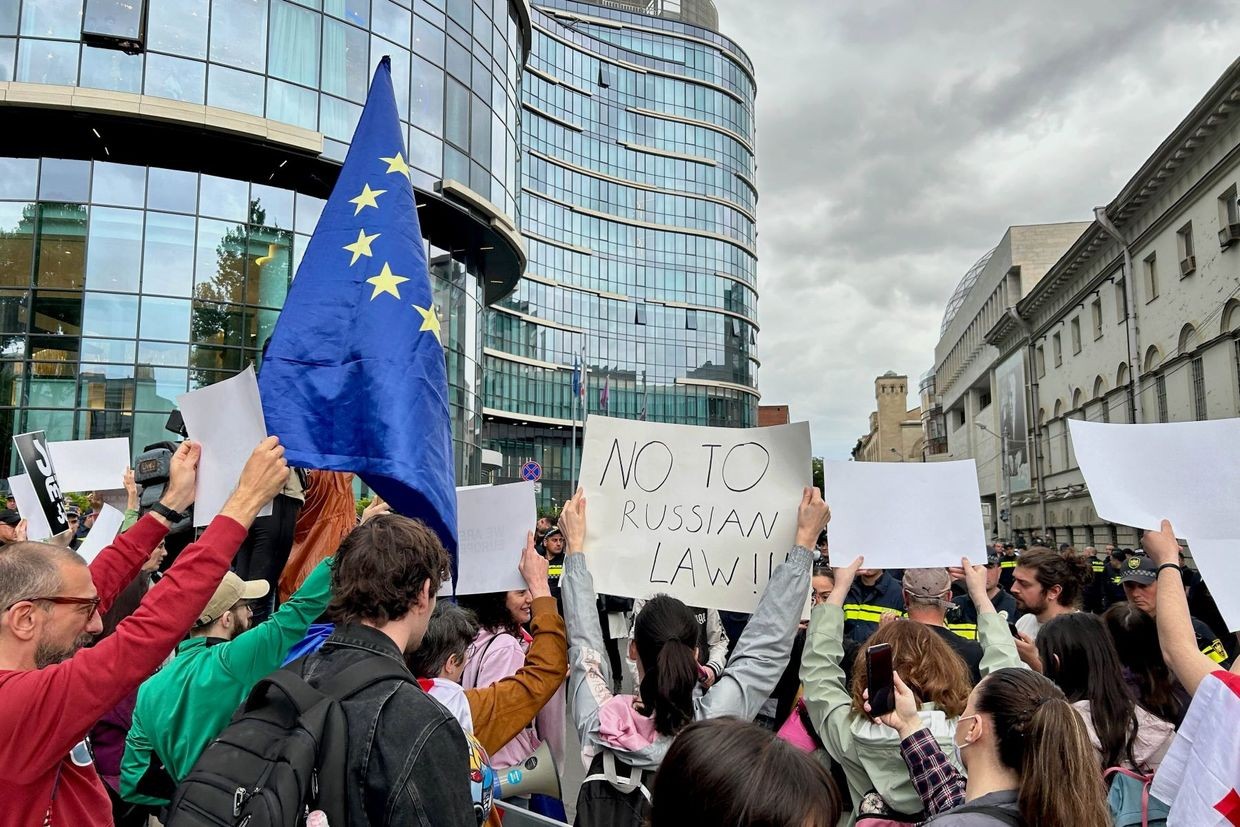
Georgian Dream’s Mamuka Mdinaradze has said that the ruling party ‘may not need’ the foreign agent law, citing US President Donald Trump’s decision to temporarily suspend all foreign aid programmes for 90 days.
Mdinaradze, Georgian Dream’s parliamentary leader, made the statement on Wednesday in response to a reporter’s question about Trump’s decision to pause foreign aid programmes to determine whether they are aligned with his policy goals.
‘[Trump’s] decision will have the following impact: we may no longer need the transparency law [the foreign agent law] at all. In other words, this even proved that the law was not just good, but necessary. One of Trump’s first decisions confirmed this. Let them now call this decision “Russian” ’, Mdinaradze said, according to Imedi.
The executive order, published by the White House on Monday, states that the US ‘foreign aid industry and bureaucracy are not aligned with American interests and in many cases antithetical to American values’.
‘They serve to destabilise world peace by promoting ideas in foreign countries that are directly inverse to harmonious and stable relations internal to and among countries’, read the order.
It also states that the Office of Management and Budget would be responsible for enforcing this pause and carrying out consultations to determine whether to ‘continue, modify, or cease each foreign assistance programme’, and stipulates that the Secretary of State may waive the pause.
The foreign agent law, dubbed the ‘Russian law’ due to its similarity to legislation used to quash dissent and criticism in Russia, obliges any civil society or media organisation that receives at least 20% of its funding from abroad to be labeled as ‘organisations carrying out the interests of a foreign power’. Such organisations are subject to monitoring every six months, which lawyers have warned could include forcing them to hand over internal communications and confidential sources. Organisations that do not comply are subject to large fines.
Many civil society and media organisations in Georgia receive their funding from the EU.
Georgian Dream adopted the foreign agent law in May, being met with fierce opposition domestically and internationally, with waves of street protests in Georgia after its reintroduction, and the West warning that it could derail Georgia’s EU aspirations.

Despite the foreign agent law coming into effect in September, the Georgian government has yet to fine organisations or forcefully register them as foreign agents.
However, several members of the ruling party, including Prime Minister Irakli Kobakhidze and Mdinaradze, have suggested that the government was ‘open for discussions’ regarding the controversial law.
In a visit to Georgia in December, the Secretary General of the Council of Europe, Alain Berset, stated that the Georgian government had promised to amend the content of the foreign agent law, for which a working group will be established by representatives of Georgia and the Council of Europe.
Berset said that the working group will include the Venice Commission.





